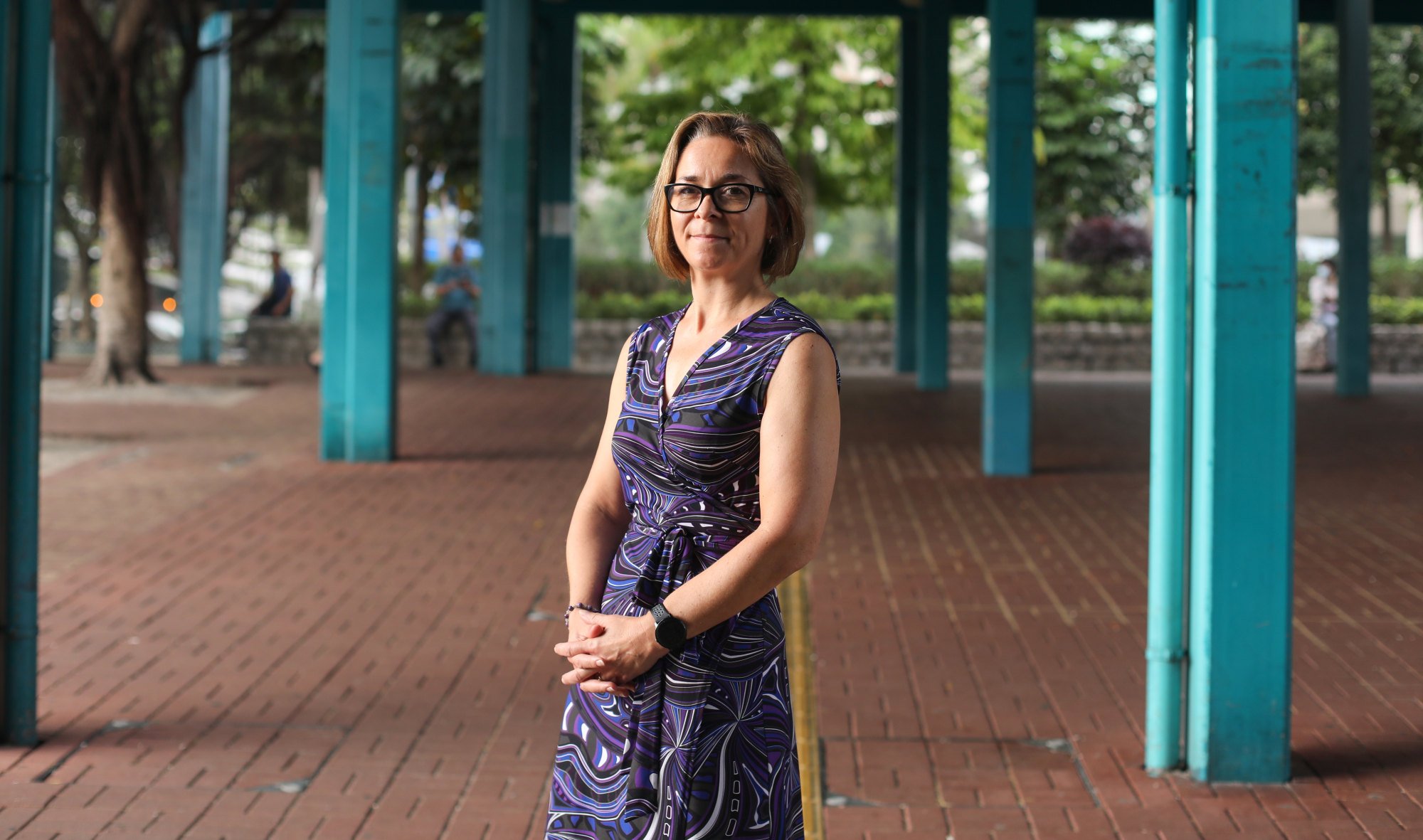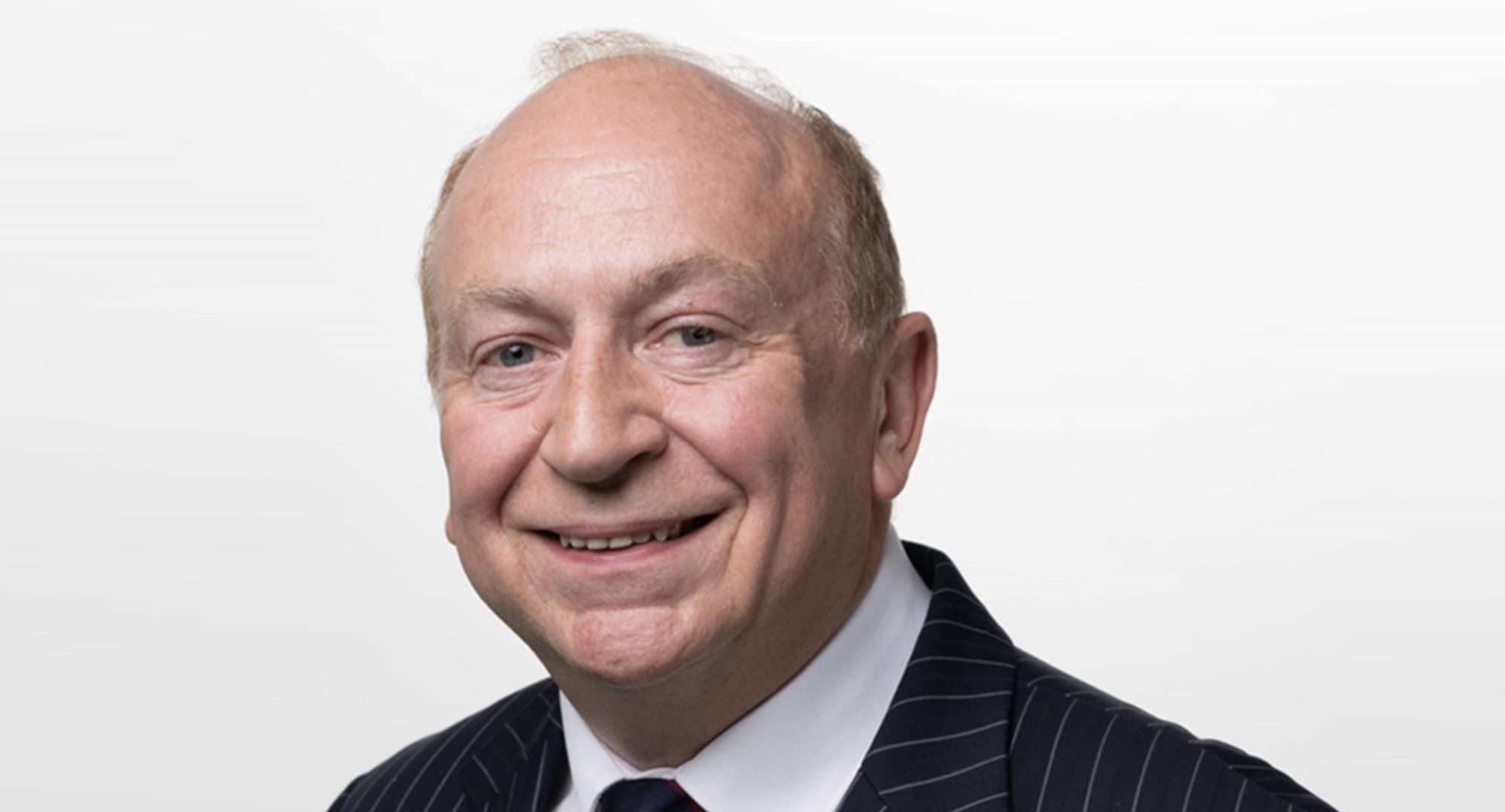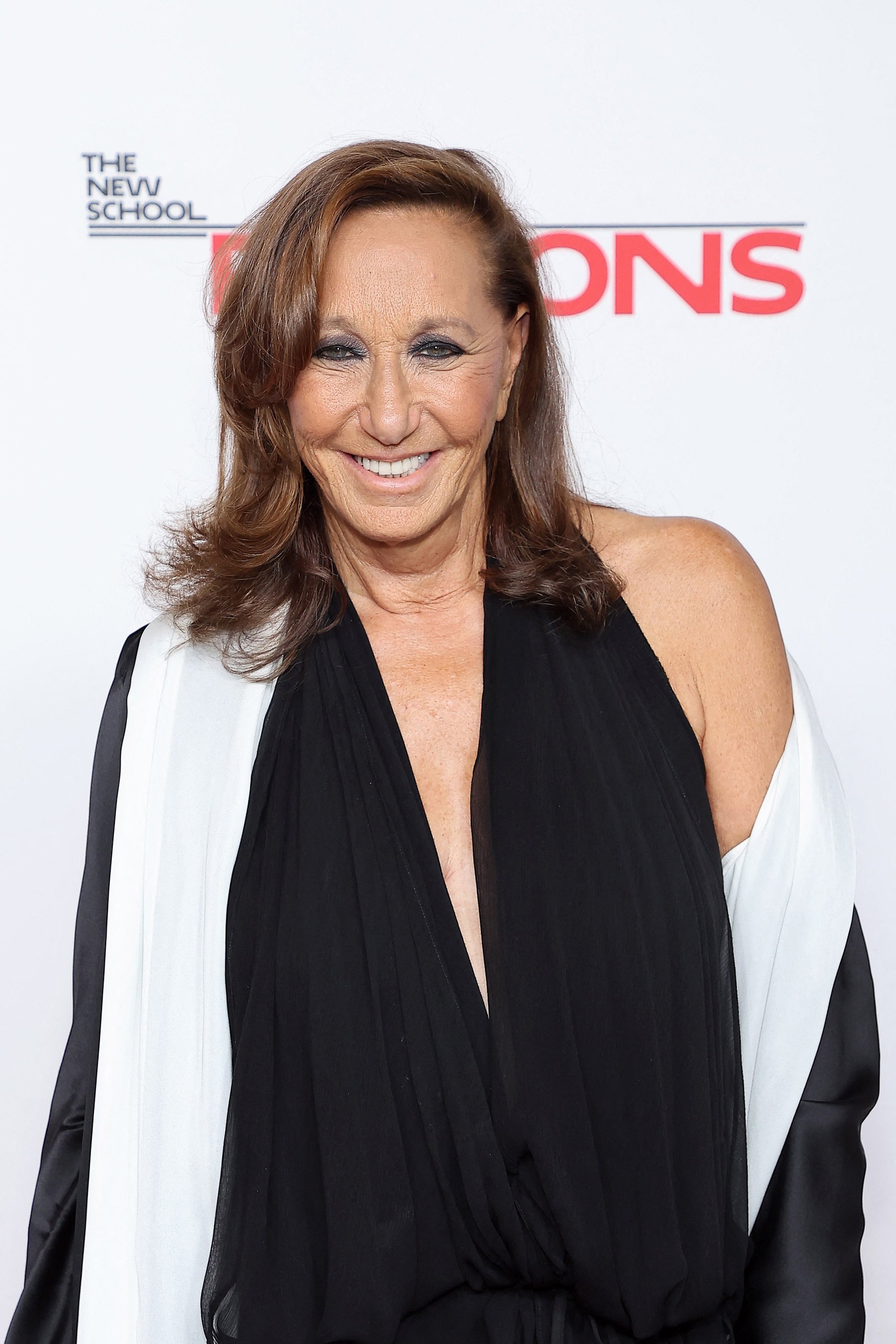
Victim blaming: how a woman sexually assaulted in Hong Kong was criticised herself when warning others, and how such responses can re-traumatise people
- When Sarah Millson agreed to take a man’s photo, it escalated into an ugly sexual assault on the Hong Kong-based Briton – who was then victim blamed online
- Victim blaming can re-traumatise a person and can lead to depression, anxiety, PTSD and other mental health challenges, a psychologist says
The global statistics for sexual assault are frightening: about one in three women will experience it in their lifetime. Also worrying is the culture of victim blaming that often follows these assaults, which makes it more difficult for women to speak up.
But Hong Kong-based Briton Sarah Millson spoke up.
She was rushing to catch a ferry home to Lamma, an island off Hong Kong, something she had done hundreds of times.
But on this weekday, just after 3pm, Millson was approached by a man who politely asked if she could take a photo of him with the city’s iconic skyline in the backdrop.
“He looked about 20 years old and told me he was a tourist from South Korea,” Millson says.
Two-fifths of Hong Kong women have experienced sexual violence, survey finds
Photo done, he then asked for a selfie. “Then he asks to put his hand on your shoulder. Then he asks you to move your hair or something that allows him to place his hand under your arm so he can touch your breast,” she says.
When she tried to free herself, he tried to kiss her.
Shaken, Millson shared what had happened on a Lamma community chat group and discovered she was not alone. Women came forward with similar stories committed by a man in the same area fitting the same description and using the same method.

“I made a police report and they showed me a video circulating on local media of him doing this to other women at Tsim Sha Tsui,” she says of the popular tourist district on the Kowloon side of Hong Kong.
“I was also told he did the same thing to a teenage girl who was in school uniform.”
Millson posted details of her assault on the Facebook group Hong Kong Moms as a warning, and to encourage others to come forward. Many did.
Sex abuse survivor on her own trauma and helping others
But she didn’t expect to be shamed and blamed.
“Who would take a selfie with a guy they don’t know?” wrote one user.
“It is great she informed the community so the guy can be caught. It is greater not inviting the crime,” wrote another.

Hong Kong-based clinical psychologist Quratulain Zaidi says that when someone questions what a victim could have done differently to prevent a crime – “You shouldn’t have been drinking”, “What were you wearing?” “Why was your door not locked?” – that person is taking part, to some degree, in the culture of victim blaming.
Victim blaming can also increase feelings of shame, guilt and suicidal ideation, and have a negative impact on a survivors’ healing process, she adds.

A 2022 survey by the department of sociology and social policy at Hong Kong’s Lingnan University found that 37 per cent of respondents – 1,044 women and girls aged between 15 and 64 – had been sexual assault victims.
Lead researcher professor Annie Chan says of those who reported having experienced sexual violence, 75 per cent failed to react when it occurred.
Many victims, she says, were too afraid to seek help because of a victim-blaming culture that makes it more difficult for women to speak up.
You become complacent here because it is a very safe city, which is what I love about it
Zaidi says victim blaming makes it less likely for survivors to report what happened or to seek support, care and treatment. “Blaming the victim makes it more difficult for that person to come forward and report the crimes.”
Millson, a mother of two girls aged 7 and 9, says she felt compelled to give her daughters the “stranger danger” talk and that the assault has made her extra wary of helping strangers.
It also shattered the image she had of Hong Kong, the place she has called home for more than 11 years, as being a safe place. “You become complacent here because it is a very safe city, which is what I love about it.”
Raped by dad at 5 years old. Now she helps incest victims speak up
British police chief Philip Allott stood down after an outcry following his comments that women should be more “streetwise”. He said Everard should “never have been arrested and submitted to that”.
In May 2020, a judge in the US state of New Jersey asked an alleged rape victim if she had closed her legs to prevent her attacker from assaulting her.

A woman’s choice of outfits is often blamed for “inviting” sexual assault.
“How do we present ourselves as women? What are we asking? Are we asking for it by presenting all the sensuality and all the sexuality?” she said.
“You look at everything all over the world today and how women are dressing and what they are asking by just presenting themselves the way they do. What are they asking for? Trouble.”

Karan apologised for the comments less than three weeks later, saying she had made a “huge, huge mistake”.
Zaidi says that when society normalises these blaming behaviours, it protects the perpetrators.
“On a societal level, it means fewer crimes get reported and fewer predators get prosecuted,” she says, adding that victim blaming reinforces predator-like attitudes.
“It allows perpetrators to avoid being held accountable for their actions.”

